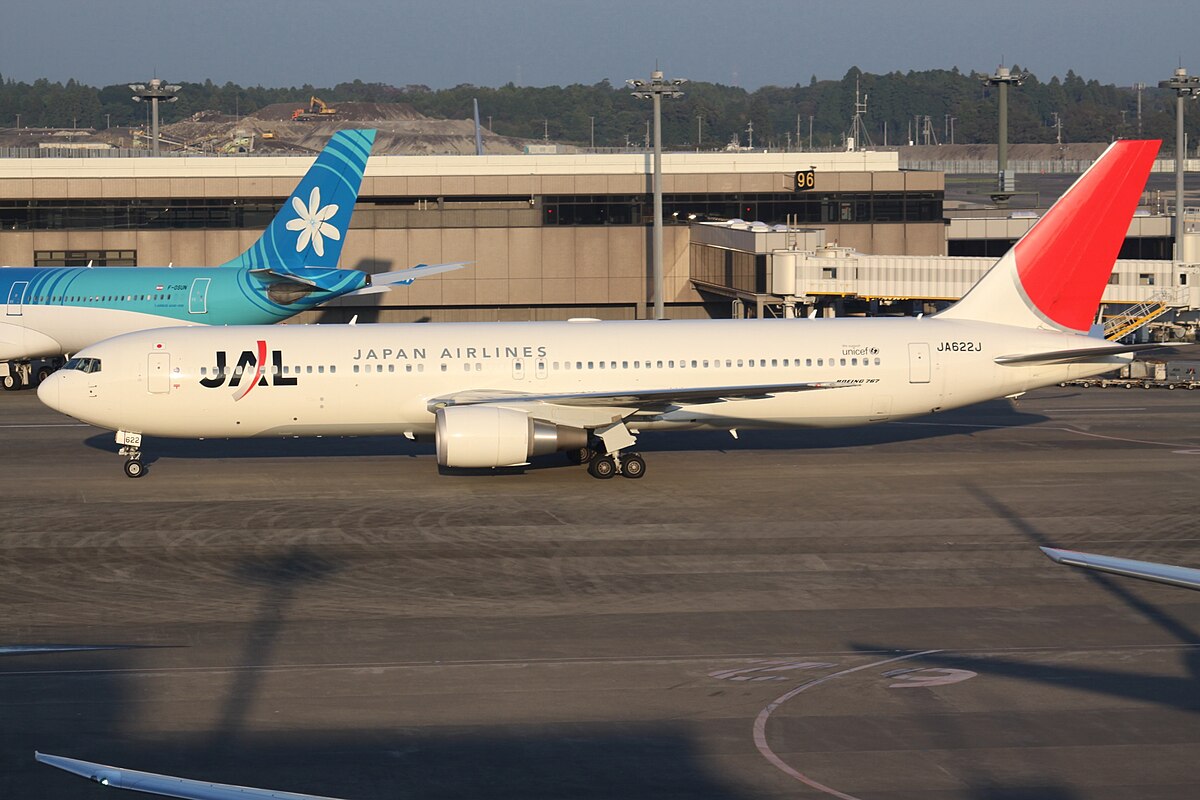
A cyberattack on Japan Airlines (JAL) on Thursday significantly disrupted travel in Japan during the busy Christmas period. Although there are no Christmas holidays in Japan and the majority of the population is not Christian, Christmas is nonetheless celebrated there. However, it is more of a commercial celebration, a pop-cultural event imported from the West. Similar to Valentine’s Day, it is viewed as a romantic occasion and so couples go out to eat or spend time together on Christmas Eve. No public celebrations take place on December 25 and 26, but many families begin preparing for the annual Japanese New Year festival (Oshogatsu). Offices are closed from this weekend for the event and many people travel back to their hometowns.
The DDoS attack on JAL thus coincides with one of the most active travel times in what is a technologically dominant country. According to JAL, the problem began on Thursday morning when the company’s network, which connects internal and external systems, malfunctioned. According to the airline, the cause was a DDoS attack on the systems, which involves flooding a system or network with data traffic or requests until the target can no longer respond or crashes.
According to JAL, no customer data was lost in the attack. By late morning, however, more than 24 flights had already been delayed by more than half an hour. Ticket sales for domestic and international flights departing on Thursday were temporarily suspended. Other Japanese airlines were not affected. However, the Japanese postal service depends heavily on air transportation, which according to Japan Post can cause delays in the delivery of letters, parcels and the like. Information on the origin or cause of the attack is still pending.

From an early age I liked to thoroughly examine all kinds of devices to see how they worked, which also involved taking my own devices apart and therefore not always to the delight of my parents. Nevertheless, with my grandfather’s support, I became a computer and electronics tinkerer. With the family PC and Lego Mindstorms, my interested in software and programming took off, and I am currently an engineering program student. I enjoy building all sorts of gadgets with Arduino and 3D printers, and I still like to put electronic devices through their paces. By joining the Notebookcheck editorial team, I have been able to turn my hobby into a profession.

Growing up in regional Australia, I first became acquainted with computers in my early teens after a broken leg from a football (soccer) match temporarily condemned me to a predominately indoor lifestyle. Soon afterwards I was building my own systems. Now I live in Germany, having moved here in 2014, where I study philosophy and anthropology. I am particularly fascinated by how computer technology has fundamentally and dramatically reshaped human culture, and how it continues to do so.

